Paris, France has been featured in so many movies, books and works of art that most people feel that they know this magical city before they ever visit, but visitors who show an understanding of the country’s lifestyle and customs will integrate better than those who don’t. It’s only half-jokingly said that the predominant religion in France is French. The French capital is especially proud of its way of life, so use these tips for business etiquette in Paris to show your hosts that you’re a culturally astute business partner and set the scene for a successful exchange.
What to Wear – Parisian dress is fashion-conscious and sophisticated. Informal wear is “casual-chic,” never sloppy. Smart jeans are acceptable for many restaurants, but save the workout clothes and shoes for the gym. In business settings, jeans are worn in some fields like television and journalism, but in most traditional business encounters it’s better to err on the side of formality – suits and ties for men, suits or skirts for ladies.
Meeting Manners – Schedule meetings well in advance and be punctual. Handshakes are the common form of greeting – save les bises or “air kisses” for people you’ve already met or take queues from your host. Use French titles (monsieur, madame, mademoiselle) along with the person’s last name. Parisians generally do not use first names in business until invited to do so. Office doors are typically kept closed; knock before entering.
Conversation and Body Language – If you speak French, do so. If not, learn the basic polite phrases and use them: Bonjour (BON-zhoor) means hello or good morning; a bientot (a bee-yen-TOE) means see you soon; au revoir (OH-vwahr) means goodbye; and merci (mer-SEE) means thank you.
The French tend to converse at a closer distance than Americans and polite conversational touching is typical. “Thumbs up” means OK, or it can indicate one of something. Parisians are private people and personal questions are considered poor form. They also respect privacy and quiet in public places like trains and restaurants, and thus speak quietly. If you need to make a phone call, go to a designated area or away from others to avoid being a disturbance. Chewing gum in public is considered ill-mannered.
Business Entertaining – Extended business lunches are common – three hours is not unusual. When dining in a restaurant, know that the “carte” is the menu, while a “menu” means a fixed-price meal consisting of a starter, main course and/or dessert. And an “entree” is the appetizer or starter, not the main course (which is called the “plat”). Travel Maestro tip: The French way is to place your bread on the table rather than plate. Don’t worry about the crumbs.
Negotiating – Business dealings will take a formal tone, but can become a winding path caught up in minutiae. Junior executives typically do not have high authority and decisions require consultation with superiors. The subject of money may be avoided, but isn’t necessarily taboo – just don’t make it the first item on the agenda.
Tipping – Parisian bars and restaurants include 15% service charge and 19.6% tax in the prices, but additional tipping is normal: 5%-10% in fine restaurants with excellent service; round up the bill with small change in bars and cafes.
Tip taxi drivers no more than 10% and hotel bellmen about 2 euros per service. Public restroom and cloakroom attendants expect small tips, but watch for the “Pourboire Interdit” notices where tipping is prohibited.
Getting Around – From Roissy-Charles de Gaulle Airport into the city is a 45- to 60-minute drive. The least expensive transport is the Roissybus that drops at the Opera Garnier in Central Paris for 10 euros. Taxi fare for one to three people will cost 50 – 70 euros depending on destination.
Paris is an extremely walkable city. Take time to explore the nooks and crannies of this fascinating city on foot without any specific destination. The Paris Metro system is a reliable and efficient method of getting around the city and the stations themselves are works of art. Taxis are plentiful, but not likely to stop when hailed from the street. Travel Maestro tip: The best way to arrive at a meeting on time by taxi is to order by phone, but be aware that the meter starts when he gets the call, not when he picks you up, so you’re fare will increase.
Heed these tips on business etiquette in Paris and your French hosts will recognize that you are respecting their culture and lifestyle. For more information or reservations for travel to Paris, please contact our knowledgeable Covington advisors.


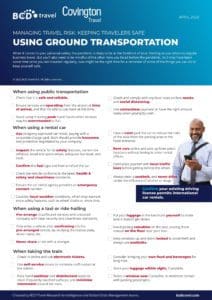
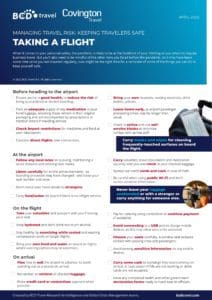
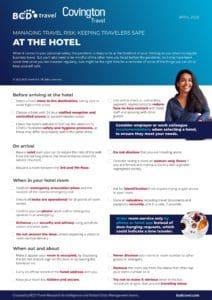
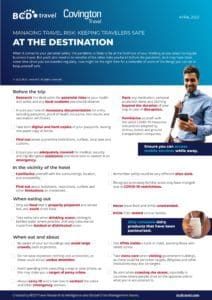
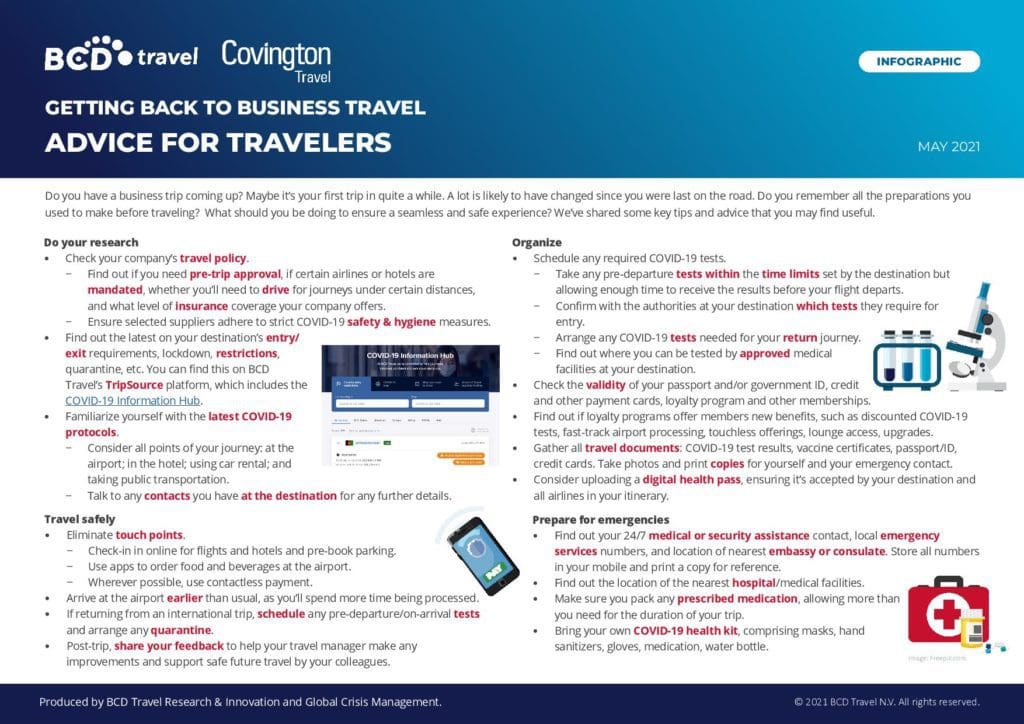
Leave a Reply